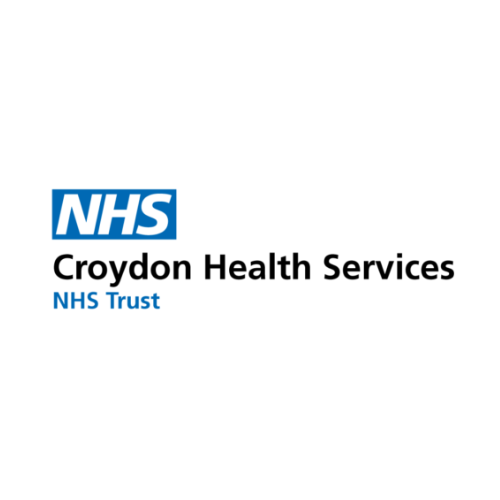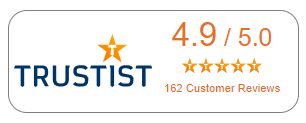
Case Study: escalla and Croydon Health Services NHS Trust
FetaLink e-Learning (2024)
Training Materials Developed
escalla worked closely with CHS to create a suite of digital training materials tailored to FetaLink system workflows:
Interactive e-Learning Modules:
- 22 lessons across five structured modules (approx. 45 minutes of training time).
- Delivered in a "Try Me" simulation format to provide hands-on practice in a safe, guided digital environment.
Video Demonstrations:
- 22 narrated step-by-step videos, providing an alternative learning method for those preferring passive learning.
Quick Reference Guides (QRGs):
- 23 printable QRGs summarising the lessons, including a dedicated Troubleshooting Guide.
Cheatsheet:
- A two-sided quick-access guide, condensing the most essential information for on-the-job reference.
Assessment Module:
- A role-based test featuring multiple-choice and task-based questions to confirm competency.
Implementation Process
Following the ADDIE Framework
The project was structured using the ADDIE model (Analysis, Design, Development, Implementation, Evaluation) and employed an AGILE approach to ensure timely delivery and iterative improvements.
1. Analysis
- A scoping meeting was held to confirm project requirements, content scope, and development timelines.
- Clinical stakeholders provided specialist input to ensure training reflected real-world maternity workflows.
2. Design
- A prototype e-Learning and video template was developed using Articulate 360 and a prototype QRG template was developed using Microsoft Word, ensuring compliance with CHS branding and accessibility standards.
- Developers received recorded training sessions from the Trust to ensure clinical accuracy.
- Detailed scripts were created, outlining each step of the learning process and structured to mirror real-world usage scenarios for FetaLink.
3. Development
- Training content was built using a modular approach, ensuring scalability and ease of future updates.
- Screen captures were conducted in a simulated environment, ensuring content accurately reflected system functionality.
- Content was iteratively reviewed via an online review tool, allowing CHS stakeholders to provide real-time feedback.
- SCORM compliance and WCAG accessibility testing were conducted to ensure usability across devices and platforms.
4. Implementation
- The final modules were integrated into the CHS Learning Management System (LMS).
- Staff were onboarded with self-paced training, ensuring flexibility while meeting competency requirements.
- Videos and QRGs were made available on CHS's intranet for quick access and reinforcement.
5. Evaluation
- Feedback was gathered from learners and clinical trainers to refine content where necessary.
- Assessment tracking via LMS provided data insights on completion rates and knowledge retention.
- A post-launch review period was established to address any technical or content-related issues.
Results & Key Benefits
The FetaLink e-Learning programme delivered multiple benefits to CHS and its maternity staff:
Staff could complete training at their own pace, reducing the need for classroom-based sessions.
The reliance on a single instructor was mitigated, allowing more staff to be trained simultaneously.
"Try Me" interactive simulations reinforced learning through hands-on engagement.
Every staff member received consistent, high-quality training, ensuring uniform competency levels.
The shift to digital learning reduced instructor time, logistical costs, and training bottlenecks.
The assessment module and LMS tracking ensured that staff met required competency standards before using FetaLink.






